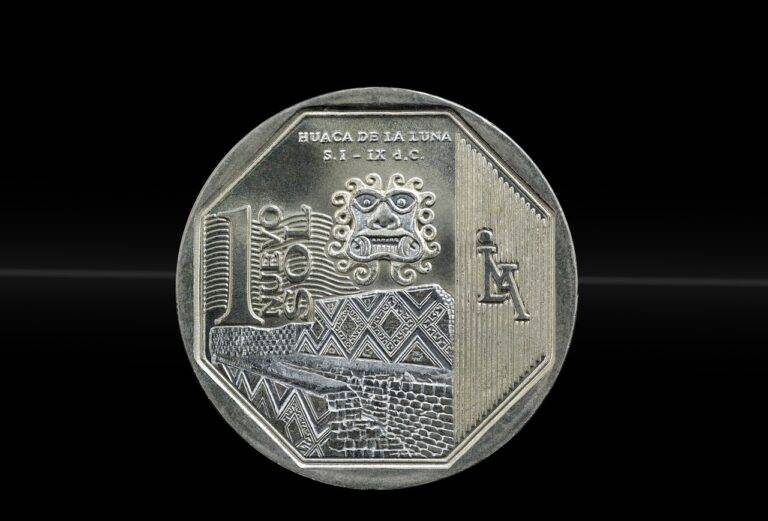Analyzing the Role of Circular Economy in Business Sustainability
Circular economy is a revolutionary approach that aims to minimize waste and maximize resource efficiency by promoting the reuse, repair, and recycling of products. Unlike the traditional linear economy, which follows a “take-make-dispose” model, the circular economy seeks to close the loop of production and consumption by creating a system where materials and products are kept in use for as long as possible.
Central to the concept of the circular economy is the idea of regenerating, rather than depleting, resources. By redesigning products and processes to be more sustainable and environmentally friendly, businesses can not only reduce their impact on the planet but also drive innovation and create new economic opportunities. Ultimately, the circular economy offers a promising path towards a more sustainable future for both businesses and the planet.
Benefits of Implementing Circular Economy Practices in Business
The implementation of circular economy practices in business brings about numerous advantages. One key benefit is the reduction of waste generation, as resources are utilized efficiently and products are designed with a focus on reusability and recyclability. This not only contributes to environmental sustainability by minimizing the extraction of raw materials and the generation of pollutants, but also helps in saving costs associated with waste disposal and procurement of new resources.
Furthermore, embracing circular economy principles can enhance brand reputation and consumer loyalty. Businesses that adopt sustainable practices are increasingly preferred by consumers who are becoming more environmentally conscious. By showcasing a commitment to a circular economy model, companies can attract eco-conscious customers, gain a competitive edge, and strengthen their brand image as socially responsible entities in the eyes of the public.
What is the concept of Circular Economy?
Circular Economy is an economic model that aims to eliminate waste and promote the continual use and re-use of resources. It focuses on sustainability, reducing environmental impact, and maximizing the value of products and materials.
What are some benefits of implementing Circular Economy practices in business?
Implementing Circular Economy practices in business can lead to cost savings, increased resource efficiency, reduced waste generation, improved brand reputation, and enhanced innovation opportunities. It can also help businesses meet sustainability goals and contribute to a more sustainable future.
How can businesses start implementing Circular Economy practices?
Businesses can start implementing Circular Economy practices by conducting a thorough assessment of their current operations and identifying areas where waste can be reduced, resources can be reused, and sustainability can be improved. They can also collaborate with suppliers, partners, and customers to create a more circular value chain.
Is it necessary for businesses to invest a lot of money to implement Circular Economy practices?
While there may be some upfront costs associated with implementing Circular Economy practices, many businesses find that the long-term benefits far outweigh the initial investment. In fact, adopting Circular Economy practices can often lead to cost savings and increased profitability over time.
How can businesses measure the success of their Circular Economy initiatives?
Businesses can measure the success of their Circular Economy initiatives by tracking key performance indicators related to waste reduction, resource efficiency, cost savings, and sustainability impact. They can also conduct regular assessments and audits to evaluate the effectiveness of their Circular Economy practices and identify areas for improvement.







